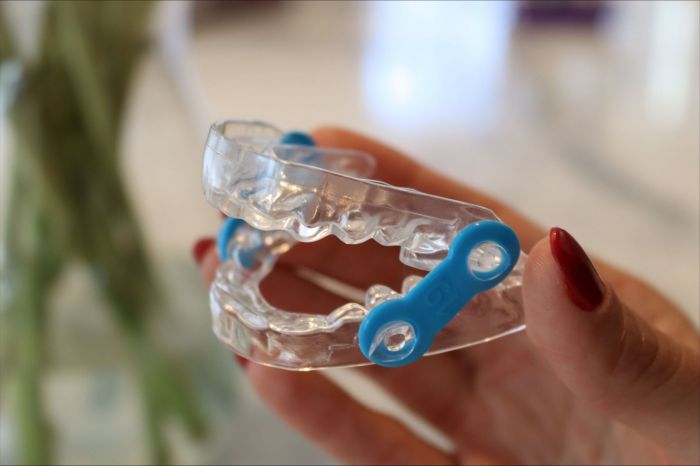
Despite decades of medical consensus around the dangers of untreated obstructive sleep apnea (OSA), one of the most effective therapies remains stubbornly underutilized. CPAP (continuous positive airway pressure) machines—long considered the gold standard—have faced growing pushback from patients due to issues with comfort, noise, and long-term adherence. A 2023 study in The Lancet Respiratory Medicine found that up to 77% of patients prescribed CPAP discontinue treatment within the first year, leaving a significant gap between diagnosis and resolution.
That gap has given rise to a new class of clinical providers focused on bridging efficacy with patient comfort. Among them is Oradox Sleep, a dental sleep medicine company that specializes in custom-made mandibular advancement devices (MADs) for patients with mild to moderate OSA. These oral appliances, designed to reposition the jaw to maintain an open airway, offer a silent, portable, and often more tolerable alternative to CPAP—particularly for those who have abandoned machine-based therapy altogether.

The stakes are high. Untreated obstructive sleep apnea (OSA) has been linked to a host of serious health complications, including cardiovascular disease, stroke, type 2 diabetes, cognitive decline, and chronic daytime fatigue. Beyond the toll on individual well-being, the societal costs are equally alarming—reduced workplace productivity, increased motor vehicle accidents, and higher long-term healthcare expenditures. As the connection between sleep quality and overall health becomes clearer, the urgency to close the gap between diagnosis and effective treatment has only grown. Yet access to alternatives beyond CPAP remains limited, especially in community settings where dental sleep medicine is not widely integrated into standard care pathways. Compounding the issue, many referring physicians—such as primary care providers, ENTs, and even sleep specialists—are still catching up to the evolving clinical evidence supporting less invasive, appliance-based therapies. The result is a growing population of patients who remain diagnosed but effectively untreated, not for lack of options, but for lack of awareness.
Oradox Sleep’s approach centers on long-term patient outcomes: each device is custom-fabricated by dental sleep experts, with a strong emphasis on education, compliance, and follow-up care. “Treatment should be as personal and comfortable as it is effective,” says Dr. Sudha Chinta, a provider affiliated with the practice. “We see these appliances not just as tools, but as ways for patients to take back control of their sleep—and their lives.”
As sleep health becomes a larger part of the preventive care conversation, solutions like MADs are gaining renewed attention. They may not replace CPAP for all patients, but for a growing population of non-compliant users, they represent a much-needed second line of defense—one that prioritizes usability as much as efficacy.









